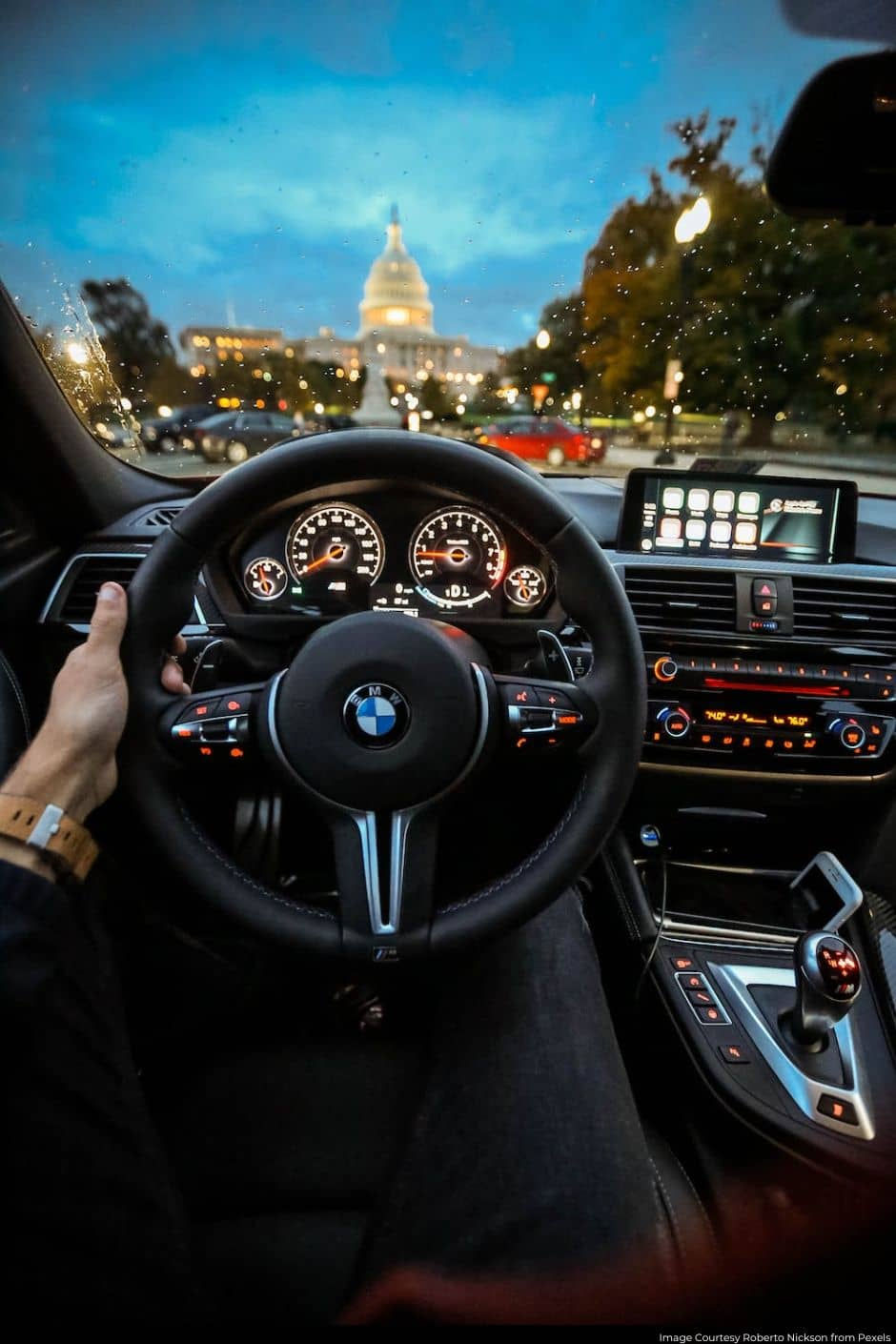Why Do We Road Rage?
- Maragatha Vadivu

- Feb 28, 2023
- 4 min read
Updated: Jan 22, 2024
You’ve probably experienced road rage at least once if you drive often. But why do we get angry while we drive?
Imagine yourself stuck in traffic during rush hour after a long day at work. You suddenly become aware of an unexpected cut-in by the car next to you. Are you going to be understanding about it or angry that someone managed to squeeze through an already endless line? Aren’t we all guilty of expressing our frustration on one or more (definitely more) of our drives? Let’s be honest, there are countless times when we have cut lines on the highways, yet we continue to get angry when someone else does it.
According to a report from the World Health Organization (WHO), a quarter of injury-related fatalities across the world are due to traffic accidents. Despite there being various reasons for traffic accidents, one major reason seems to be unsafe and aggressive driving. This is a cause for concern because at least 1.3 million people succumb to traffic accidents each year and a significant fraction of that number is due to expressing our frustrations in the form of aggressive driving behaviours.
Shortcuts For The Busy Reader
What Is Road Rage?
Road rage refers to the anger we feel due to inconveniences we encounter during our ride somewhere. This is often the result of the person behind the wheel feeling ‘mistreated’ in some way by another motorist on the road.
The resulting feelings of anger due to this perceived mistreatment can be expressed in one of three different types of behaviours: verbal, physical or using the vehicle. But what are the triggers that make us frustrated on the road? Chock-o-block roads, long drives, displaced anger and stress are some of the triggers that make individuals more susceptible to road rage. The next section considers these potential causes through the lens of the differences between individuals who experience road rage and those who don’t.
How Do You Express Road Rage?
According to research by Dr Jerry Deffenacher, a professor at Colorado State University, there are five key distinctions between people who experience high levels of anger and those who are less likely to act out their anger while driving. This section explores these differences in more detail.
a. Aggression
High-anger drivers are more likely to engage in hostile behaviour with other motorists, whether it be insulting them or expressing disbelief at the way others drive or insulting them. Often times their thoughts are directed towards exacting revenge, which can occasionally involve doing harm to others.

b. Risk-Taking Behaviours
In comparison to low-anger drivers, high-anger drivers are more likely to engage in risky behaviour on the road. These drivers are more likely to exceed the speed limit by 10-20, tailgate or flash other motorists.
c. Name-Calling
These drivers tend to be quick to act on their anger, often swearing, name-calling or yelling and sometimes even honking at the motorist who has offended them. Moreover, incidents that occur on the road tend to impact other domains of their life because chances are they are more likely to be frustrated throughout the day than just behind the wheel.
d. Traffic Violations
High-anger drivers tend to be involved in more road accidents and get fined for violating the speeding limits. In fact, they were found to cause more accidents in the simulations of Deffenacher’s study.
e. Personality Traits
High-anger drivers can be observed to act impulsively, quick to anger and experience more anxiety. This suggests that these drivers probably get in the car already angry, diminishing their patience quite quickly at any roadside inconvenience.
Let’s be honest, experiencing some anger from time to time is normal and understandable, but controlling our anger effectively is crucial if we want to keep it from turning into aggression. Having said that, let’s explore a few strategies through which we can manage our anger from behind the wheel.
How Do You Avoid Road Rage?
a. Leave Early
Given that most of our road rage incidents are caused by traffic congestion, it seems pretty straightforward to consider various factors such as road works and peak hours. In such cases, ensuring that we have a travel plan in place can significantly reduce stress and, as a result, reduce our frustrations.
b. Be Calm
Creating a relaxing environment in the car can help us stay calm and avoid rage on the road. When we are stuck in traffic, there isn’t much we can do, and it seems pointless to become frustrated over something we have little to no control over. You can make the most of these situations by listening to an audiobook or a podcast to divert your attention.
c. Beware of Your Triggers
Paying attention to what makes us more susceptible to road rage can also help us manage it. Whether it is the long hours staying on the road or discourteous drivers, being aware of our triggers can help us identify constructive ways in which we can manage our road rage.
Ultimately, with the exponential increase in the number of cars on the road, we are more likely to experience road rage at least once. And it is inevitable to be frustrated due to inconveniences on the road when all we want is to reach our destination, be it work or home. However, it is more important that we acknowledge these feelings and be able to manage them in a more constructive manner so that it does not hinder us, other drivers and our mental well-being.
References Peden, M., Scurfield, R., Sleet, D., Mohan, D., Hyder, A. A., Jarawan, E., & Mathers, C. (Eds.)(2004). World report on road traffic injury prevention. Geneva: World Health Organization. |






